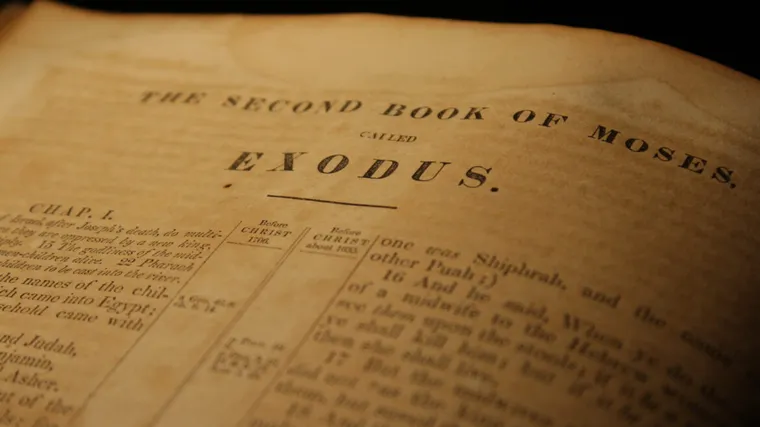Originally Published by Right Side Broadcasting Network: https://www.rsbnetwork.com/news/christian-devotional-is-god-involved-in-war/
War is a sad reality in a fallen world. Does God use war as a means of judgment or blessings? When examining the Bible, the answer is simple: Yes, the Lord will punish and bless nations using warfare.
George Washington was convinced that God was guiding the colonists in the Revolutionary War, a belief that continues today. Those passionate about history are familiar with multiple instances in which Providence seemingly saved the colonists.
The same sentiment held true with American leaders in both world wars.
First, we must acknowledge that God is with individuals, not whole nations. However, this doesn’t mean God doesn’t bless or even punish nations through the act of war.
God is Sovereign
As Christians, we acknowledge God’s sovereignty and His unwavering commitment to carry out His will in our current days, just as He did during the Old Testament. Moses often warned Israel that their disobedience would lead to judgment and trials for their immediate future and unborn generations. This truth is echoed when Moses conveys a direct warning in Deuteronomy 31, reminding us of the importance of acknowledging God’s sovereignty.
Likewise, Joshua pleaded with the Jews never to ignore the commandments set forth by the Lord. As the reader knows, Israel ignored such a warning. The Lord explained His punishment: “Therefore the children of Israel could not stand before their enemies, but turned their backs before their enemies, because they were accursed: neither will I be with you any more, except ye destroy the accursed from among you. (Joshua 7:12)”
Again, in the book of Judges, punishment is meted out to Israel for their sinful ways. Samuel, too, warned the people of disastrous results if they were to become disloyal to the Lord and His ways. One should look no further than the early defeats against the Philistines. Eli knew well the penalty of sin from the death of his sons, Hophni and Phinehas.
Anyone familiar with the Bible knows perfectly well that the above examples are just a few instances where Israel comes under judgment and suffers defeat in battle due to ignoring the Lord. The Israelites continuously became disobedient, resulting in punishment. Using the Bible as the standard, God punishes nations through acts of warfare.
Nineteenth-century Presbyterian William S. Plumer wrote, “He saves or he destroys in any way he pleases, by the strong or by the weak; by friend or by foe; when danger is seen, and when it is unseen. He sends an army of men, or an army of caterpillars to punish a guilty nation.”[1]
While most of society mocks the very idea of an omnipresent God, believers acknowledge that the same pain, destruction, and tribulations experienced today come only from the will of God.
Studying history shows God’s involvement in war
While Christians existed on both sides of the U.S. Civil War, the North came out victorious, and slavery was abolished during the conflict. This is nothing short of providence. The U.S. Civil War was a significant event in American history, leading to the abolition of slavery. Was this a mere coincidence or a sign of divine intervention?
Likewise, Christians remained present in Germany and the allied nations of England, Canada, and the United States. However, the killing of Jews was the definition of evil, in which liberty and freedom prevailed to save Europe from Nazi control.
Ask most Americans, and they will proclaim democracy directly correlates to Christianity and the underlying principles of freedom and justice for all.
Although nations come and go, and empires rise and fall, studying history proves God has a peculiar relationship with some of the past and present most prosperous nations in the world.
However, the united body of Christ stands above all, as the true church is the invisible one that worships Jesus Christ as both Savior and Lord. The concept of the invisible church highlights the spiritual connection among all believers in Christ, regardless of their denominational or geographical differences.
Living in a world that often rejects our Savior, Christians find hope and strength in the body of Christ. We are not of this world and do not conform to its ways. Instead, we stand apart, guided by the unwavering faith and loyalty of figures such as Noah, Abraham, Moses, and Joshua. Those who walk with the Lord know He is with them.
“Ye shall walk in all the ways which the LORD your God hath commanded you, that ye may live, and that it may be well with you, and that ye may prolong your days in the land which ye shall possess. Deuteronomy 5:33”
[1] William S. Plumer, Jehovah-Jireh: A Treatise on Providence (Harrisonburg: Sprinkle Publications, 1997), 163.


